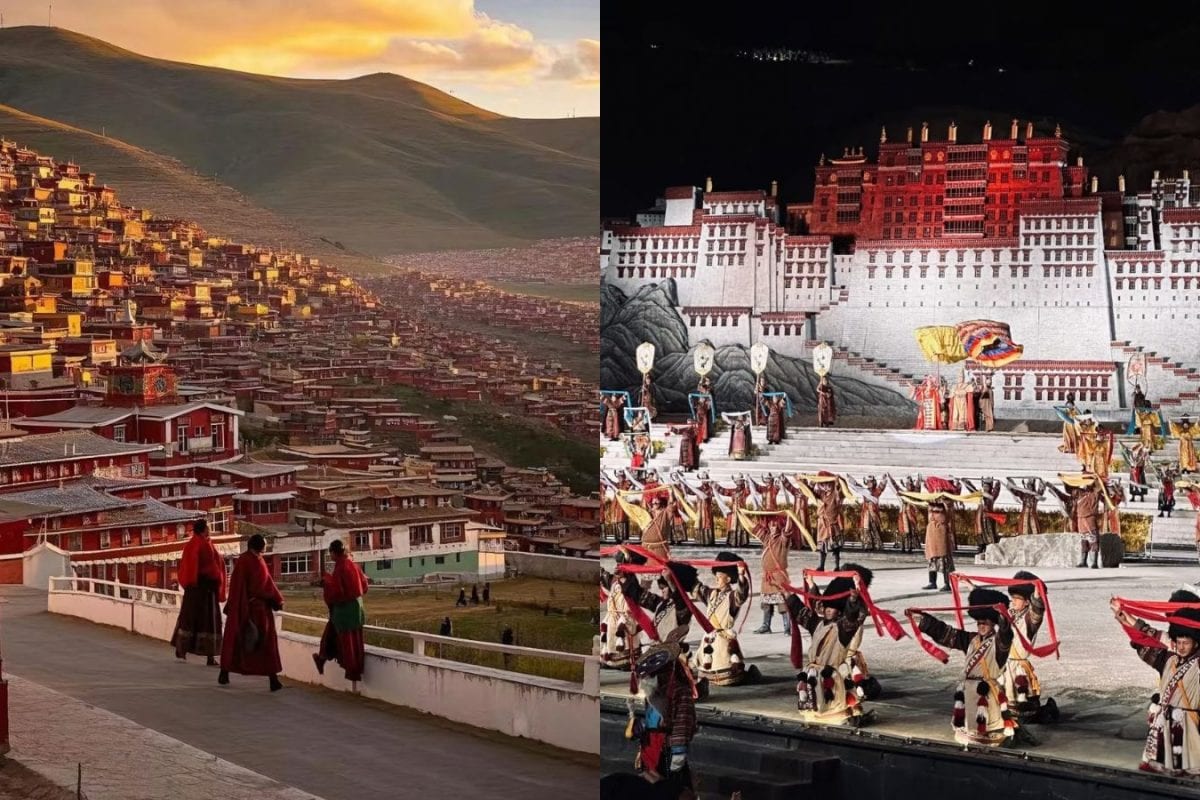

The Dalai Lama's succession has emerged as a significant point of contention between China and India, potentially jeopardizing the recent thaw in their relations. China considers the matter an internal affair, insisting that the selection of the next Dalai Lama must adhere to Chinese laws and traditions. In contrast, India has voiced support for the current Dalai Lama's prerogative to choose his successor, a stance that has drawn sharp criticism from Beijing.
The disagreement escalated following remarks by Indian Minister Kiren Rijiju, who asserted that the Dalai Lama and the institution he established hold the sole authority to identify his successor. This statement was made shortly after the Dalai Lama affirmed that his office, the Gaden Phodrang Trust, would oversee the succession process, excluding any external interference. China swiftly responded, lodging a formal protest and accusing India of meddling in its internal affairs. Beijing reiterated its view of the Dalai Lama as a "political exile" engaged in separatist activities.
The Indian Ministry of External Affairs has maintained a neutral stance on religious matters, emphasizing the country's commitment to religious freedom for all. However, the presence of the Dalai Lama and a large Tibetan exile community in India provides New Delhi with a degree of leverage in its relationship with China. Some analysts suggest that India's more assertive position on the Dalai Lama's succession is a deliberate strategy to counter China's growing influence in Tibet and the declining international support for the Dalai Lama.
China's perspective is that the reincarnation of the Dalai Lama must follow established religious rituals, historical conventions, and Chinese laws and regulations. They insist on the necessity of approval from the central government in Beijing. This stance is rooted in China's claim to be the "self-appointed custodian of Tibetan Buddhism".
The Dalai Lama, who turned 90 on July 6, 2025, has lived in exile in India since 1959, following a failed uprising against Chinese rule in Tibet. His presence in India has long been a source of friction between the two countries. Despite the Dalai Lama's efforts to clarify his succession plan, China remains firm in its position, viewing the issue as a critical test of India's commitment to its stated policies regarding Tibet.
Despite the current disagreement, there have been recent signs of improvement in India-China relations. Following a period of tension that included a deadly border clash in 2020, the two countries have engaged in diplomatic and military talks, reaching a border agreement late last year. Additionally, China has allowed Indian pilgrims to resume their pilgrimages to Tibet after a five-year suspension.
However, the Dalai Lama's succession issue threatens to undermine this fragile progress. The contrasting views on the matter highlight the deep-seated tensions and mistrust that continue to plague the relationship between the two Asian giants. Whether the two sides can navigate this sensitive issue without further straining their ties remains to be seen. Some experts believe that the current "thaw," while still nascent, could endure despite the succession dispute. Others caution that the issue could become a major flashpoint in future conflicts.